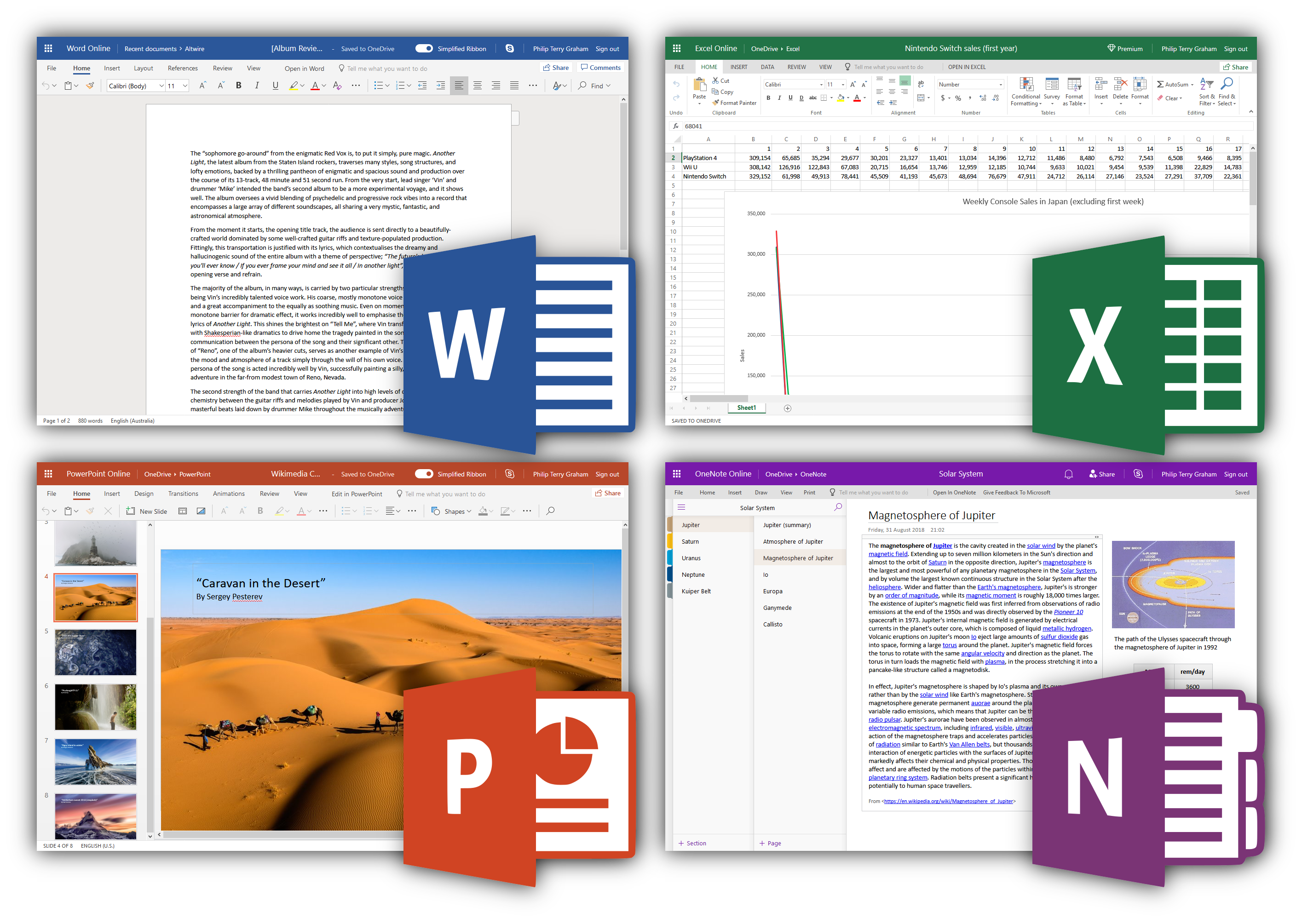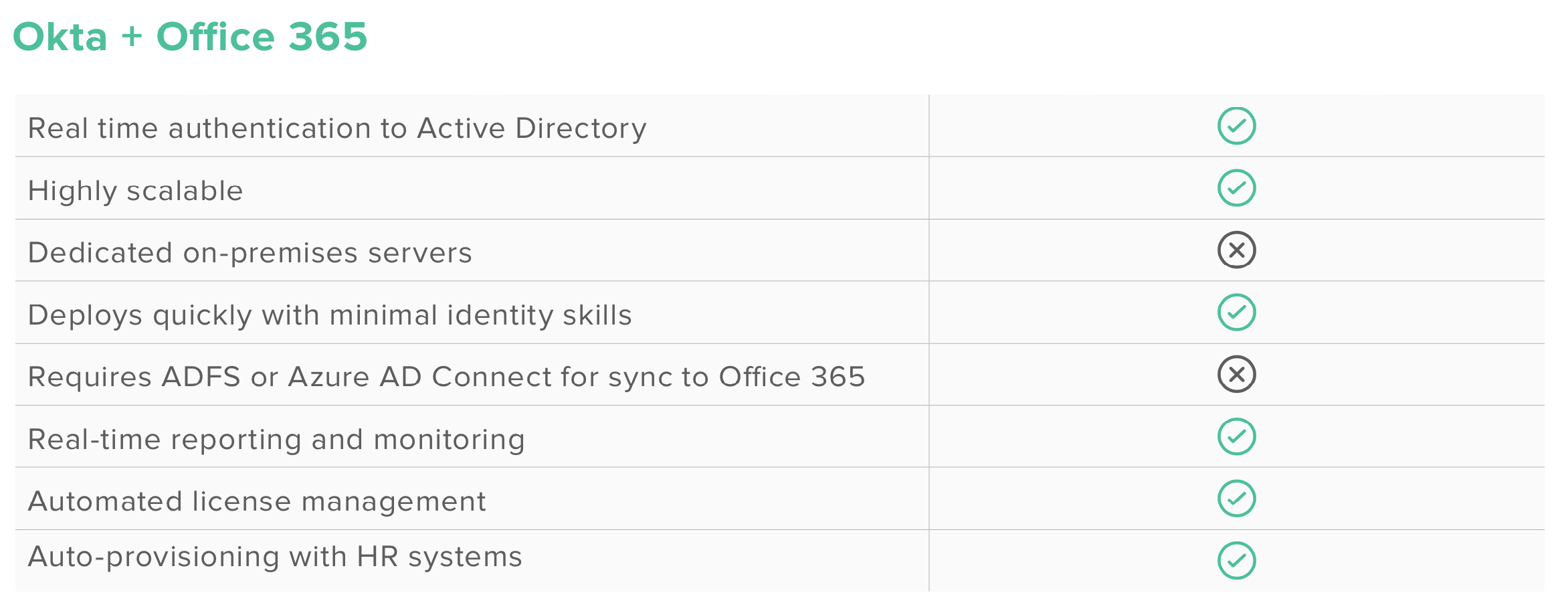

HKEY_CURRENT_USER\Software\Microsoft\Office\15.

HKEY_CURRENT_USER\Software\Microsoft\Office\15.0\Common\Identity HKEY_CURRENT_USER\Software\Microsoft\Exchange Reg add HKEY_CURRENT_USER\Software\Microsoft\Office\15.0\Common\Identity /v "Version" /t REG_DWORD /d 1 /f Reg add HKEY_CURRENT_USER\Software\Microsoft\Office\15.0\Common\Identity /v "EnableADAL" /t REG_DWORD /d 1 /f To enable the feature, either open an elevated CMD and paste these commands in or add the entries manually via Registry Editor.ĬMD: reg add HKEY_CURRENT_USER\Software\Microsoft\Exchange /v "AlwaysUseMSOAuthForAutoDiscover" /t REG_DWORD /d 1 /f It is recommended that users force Outlook to use Modern Authentication by setting the DWORD value of the following registry key to 1. You should update to a newer and supported version soon, as things might stop working without notice. For more information, see Enable Modern Authentication for Office 2013 on Windows devices. While this procedure will allow you (for now) to connect to Office 365, it is critical to remember that connection to Office 365 and Exchange Online via Office 2013 is not supported anymore.

This process will activate the Modern Authentication workflow for all the apps included in Office 2013 (Outlook 2013, Excel 2013, Word 2013, OneNote, etc.), not just Outlook. If the server refuses a modern authentication connection, then Microsoft Online. Modern authentication is already enabled by default in Office 2016 and later versions. Office 2013 : Yes, EnableADAL 1 : Yes : Modern authentication is attempted first. This is quickly done by adding some registry keys. Since Microsoft will soon start to turn off Basic Authentication for Exchange Online, you’ll have to enable Modern Authentication client-side if you still have some machines running Outlook 2013 and want them to connect to Office 365.


 0 kommentar(er)
0 kommentar(er)
